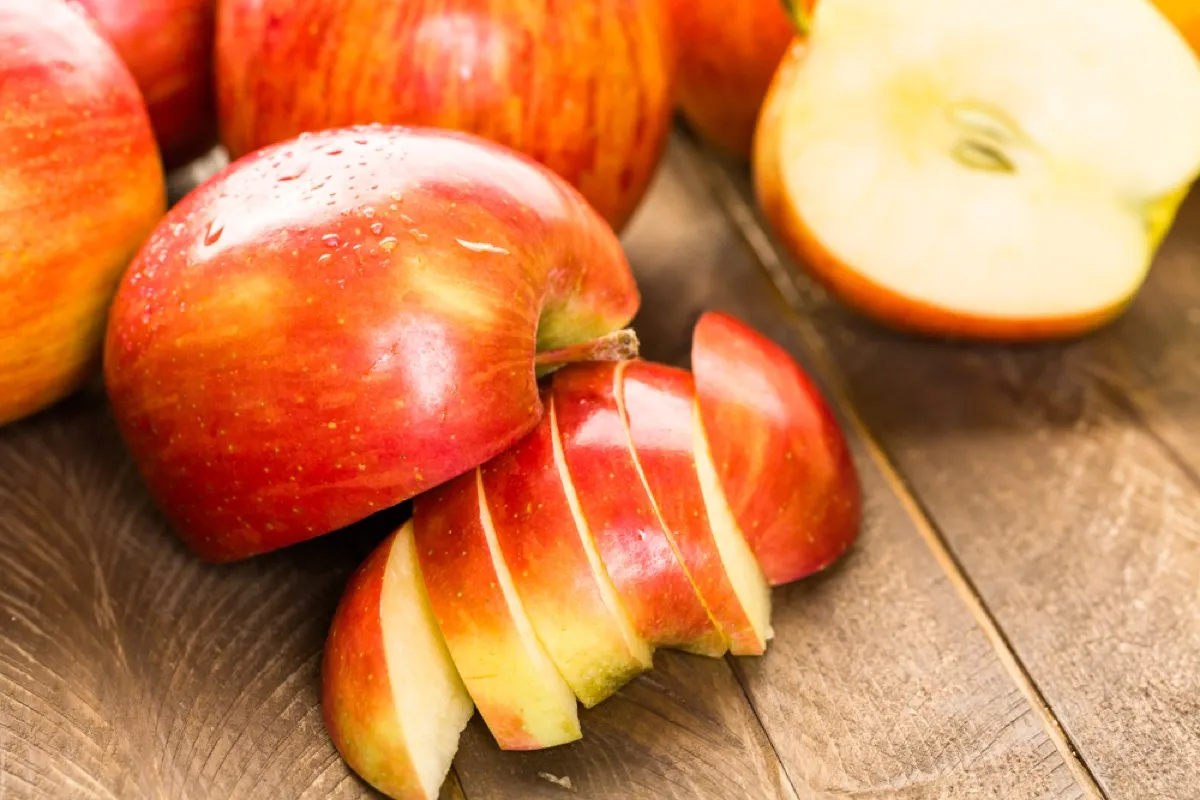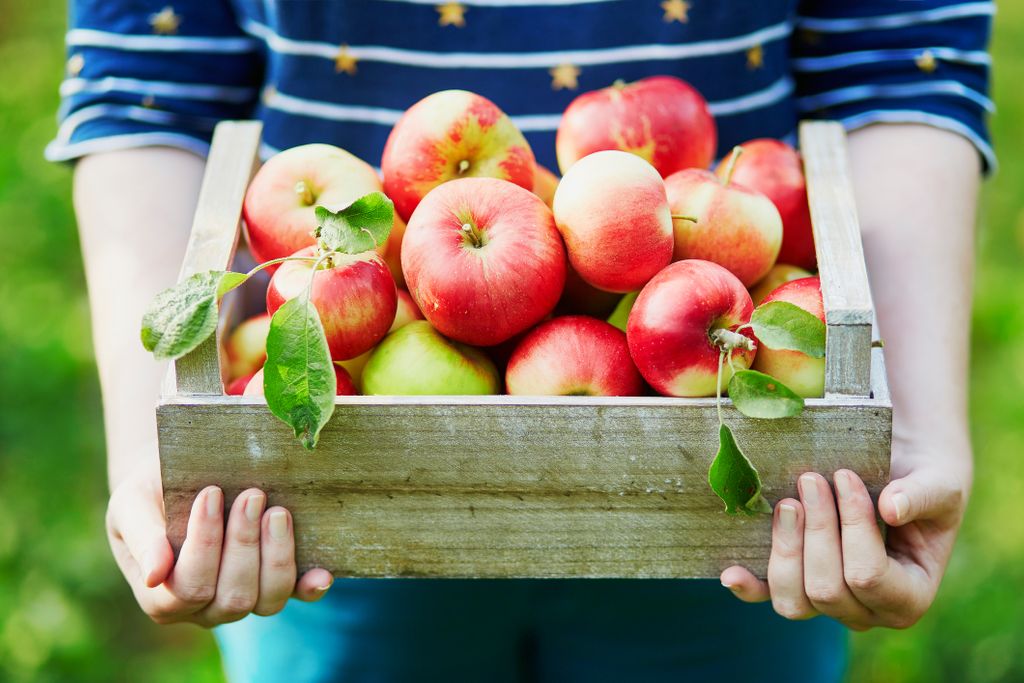In the lush, green orchards, where the air is scented with the sweet aroma of ripening apples, a subtle yet significant movement towards organic farming unfolds. Organic apples https://greenelly.com/product/organic-honeycrisp-apples-1-lb/, characterized by their cultivation without synthetic pesticides, fertilizers, and genetically modified organisms, have become a prominent choice among conscious consumers. Not only do they present a juicy, delectable bite, but they also harbor numerous health advantages and underline an environmental ethic in their growth.
Health Benefits Unveiled
The wholesome qualities of organic apples extend far beyond their well-known deliciousness. They are rich in essential nutrients like Vitamin C, fiber, and various antioxidants, contributing to a myriad of health benefits. Regular consumption is associated with improved heart health, reduced risk of diabetes, and enhanced gut health owing to their high fiber content. Moreover, antioxidants such as quercetin and catechin play a crucial role in combating oxidative stress and inflammation, supporting overall wellness.
The unique merit of organic apples lies in their reduced exposure to synthetic chemicals, minimizing the consumer’s ingestion of potential residues. Additionally, many individuals swear by the superior taste of organic apples, attributing it to the nourished, pesticide-free soil in which they flourish.
Nuances of Organic Apple Cultivation
The cultivation of organic apples demands a meticulously planned approach, prioritizing both the quality of the fruit and environmental sustainability. Growers adhere to practices that foster soil health, such as crop rotation, composting, and utilizing natural fertilizers. Moreover, instead of synthetic pesticides, they employ alternative pest management strategies, like introducing beneficial insects, utilizing barriers, and applying organic pest control products.
Preserving the natural ecosystem around the orchards also plays a pivotal role. Ensuring that the environment supports a rich biodiversity not only contributes to the robustness and resilience of the apple trees but also bolsters natural pest control by harboring predator species.
Economic and Environmental Impacts
The trend towards organic apple farming also casts ripples across economic and environmental spectrums. Economically, it opens up new markets catering to eco-conscious consumers and potentially offers farmers a premium for organic produce. The shift towards such sustainable practices in farming also holds the promise of mitigating environmental impacts. It reduces the leaching of synthetic chemicals into the environment, protecting water bodies and soil health, and promotes biodiversity.
In Conclusion
Choosing organic apples is not merely a preference; it’s a step towards supporting sustainable agriculture and imbibing healthful eating habits. While the journey from an organic apple seedling to the crunchy, sweet fruit in your hand is complex and demanding, it embodies a conscious effort towards respecting and preserving our bodies and the environment. As consumers, opting for organic produce like apples, we become part of a movement that intertwines health, taste, and ethical farming, casting a vote for a sustainable and healthy future.
